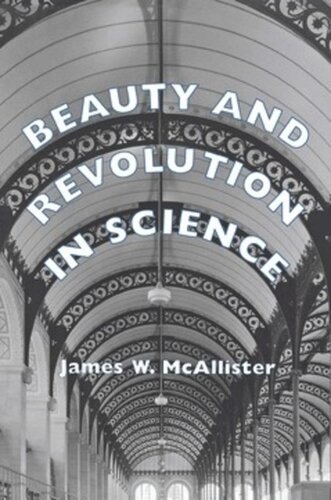

Most ebook files are in PDF format, so you can easily read them using various software such as Foxit Reader or directly on the Google Chrome browser.
Some ebook files are released by publishers in other formats such as .awz, .mobi, .epub, .fb2, etc. You may need to install specific software to read these formats on mobile/PC, such as Calibre.
Please read the tutorial at this link: https://ebookbell.com/faq
We offer FREE conversion to the popular formats you request; however, this may take some time. Therefore, right after payment, please email us, and we will try to provide the service as quickly as possible.
For some exceptional file formats or broken links (if any), please refrain from opening any disputes. Instead, email us first, and we will try to assist within a maximum of 6 hours.
EbookBell Team

4.4
42 reviewsExplaining why he embraced the theory of relativity, the Nobel Prize-winning theoretical physicist P. A. M. Dirac stated, "It is the essential beauty of the theory which I feel is the real reason for believing in it." How reasonable and rational can science be when its practitioners speak of "revolutions" in their thinking and extol certain theories for their "beauty"? James W. McAllister addresses this question with the first systematic study of the aesthetic evaluations that scientists pass on their theories.Using a wealth of other examples, McAllister explains how scientists' aesthetic preferences are influenced by the empirical track record of theories, describes the origin and development of aesthetic styles of theorizing, and reconsiders whether simplicity is an empirical or an aesthetic virtue of theories. McAllister then advances an innovative model of scientific revolutions, in opposition to that of Thomas S. Kuhn.Three detailed studies demonstrate the interconnection of empirical performance, beauty, and revolution. One examines the impact of new construction materials on the history of architecture. Another reexamines the transition from the Ptolemaic system to Kepler's theory in planetary astronomy, and the third documents the rise of relativity and quantum theory in the twentieth century.